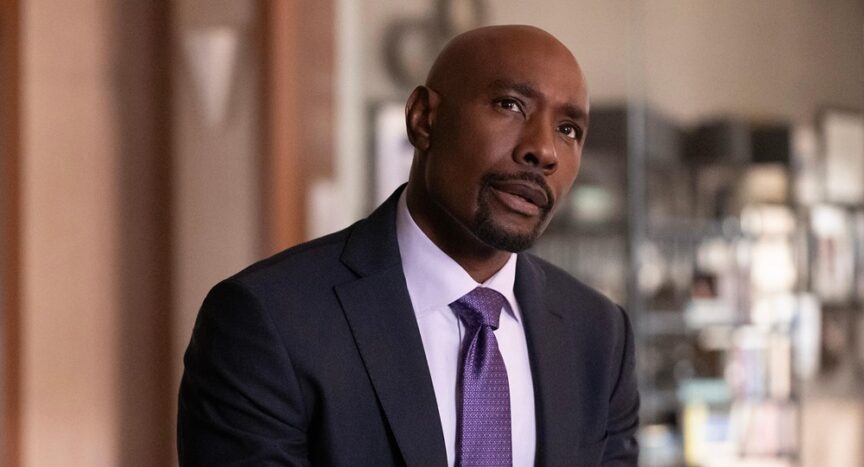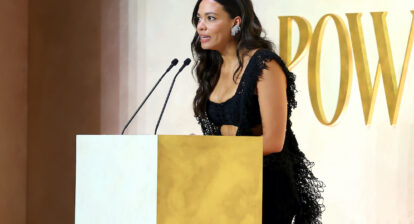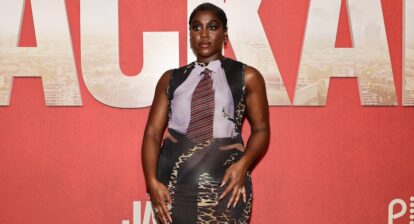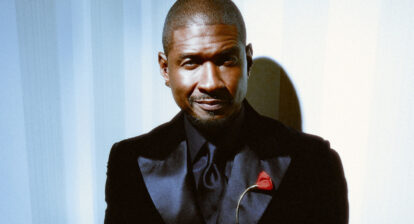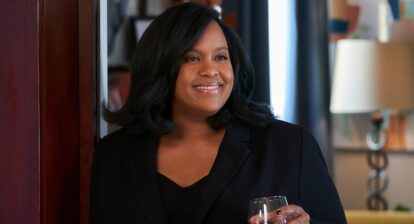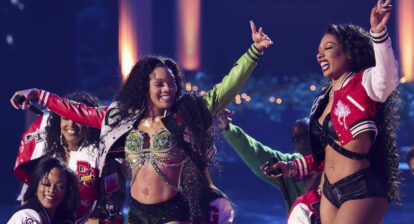Morris Chestnut gave a master class performance in the second season of Reasonable Doubt. The finale gave his character, Corey Cash, a sense of victory and closure. By addressing his guilt and embracing new beginnings, the series offers a hopeful outlook for his future, emphasizing the themes of redemption and personal growth.
Fresh off the series’ second season, Chestnut gives us the scoop on his character, why fear can be motivating or debilitating in the human experience and what he hopes viewers take away from the series’ explosive run.
EBONY: Congrats on an incredible season on Reasonable Doubt! How have you evolved as an actor over the years?
Morris Chestnut: What we do as actors is take our own life experiences and put ’em into these characters; it’s how we make choices about how we feel about what’s going on in a character’s life. And, of course, the older we get, the more experience with life we have, so we can pour more into these characters. With this past character, I dealt with certain things that, maybe 20 years ago, I didn’t have some of the depth of an understanding of life that I have now for sure.
Why did you choose to play Corey Cash?
I received a write-up of the character’s arc for the whole season, and when I read that it was such a dynamic character to play, I jumped at the opportunity.
What did you want to showcase as a Black lawyer facing the complexities of the legal system?
When you look at the things he’s done, you see that he wanted to shape the views and opinions of certain people in the court of public opinion. What people can take from that is the fact that everything matters. He got on social media on the show because he knew he was reaching out to people. One thing I hope people do take away from the show and Corey is that whether it be social or linear media, everything you do that’s in front of a camera matters. People are seeing it, and it makes a difference. So be responsible for that.
How did you prepare for the role?
I’ve played lawyers before. For me, it was just understanding what this case was about. I watch court cases all the time on TV. I’m a big fan of Court TV. I would’ve loved to have been a lawyer in a past life.
The show delved into people’s willingness to confront authority. What role do you think fear plays in people to confront authority when it comes to matters of the truth?
Fear is a huge factor in our lives on a daily basis. It can be a very powerful motivator. The interesting thing about life and about people is how we have our perspectives on the world, which dictates how fear is going to be either a motivator or debilitating. I’ve seen just throughout the years that fear for a lot of people is debilitating. But I know I have to face my fears and attack them straight on if I want to get to where I need to be. Fear is just a very interesting dynamic.
Any thoughts on how to deal with those emotions?
When you’re dealing with power: the court system, legal system, even just at work, our bosses, or whoever is a partner of the company, it’s hard to go against someone or something powerful that could have a negative outcome on you as a person and your life. I personally believe you have to have strong support from people around you to let you know that we’re here regardless of whatever happens to you. Let’s talk and educate ourselves on collectively doing X, Y, Z.
What else do you hope people took away from this season?
Truth and justice. The domestic violence aspect of the season is a very prevalent issue. I want people to hopefully find strength and understand first that they’re not alone. And that if, if something goes down, you don’t have to stay in that type of situation.
Reasonable Doubt: seasons one and two are available on Hulu.

